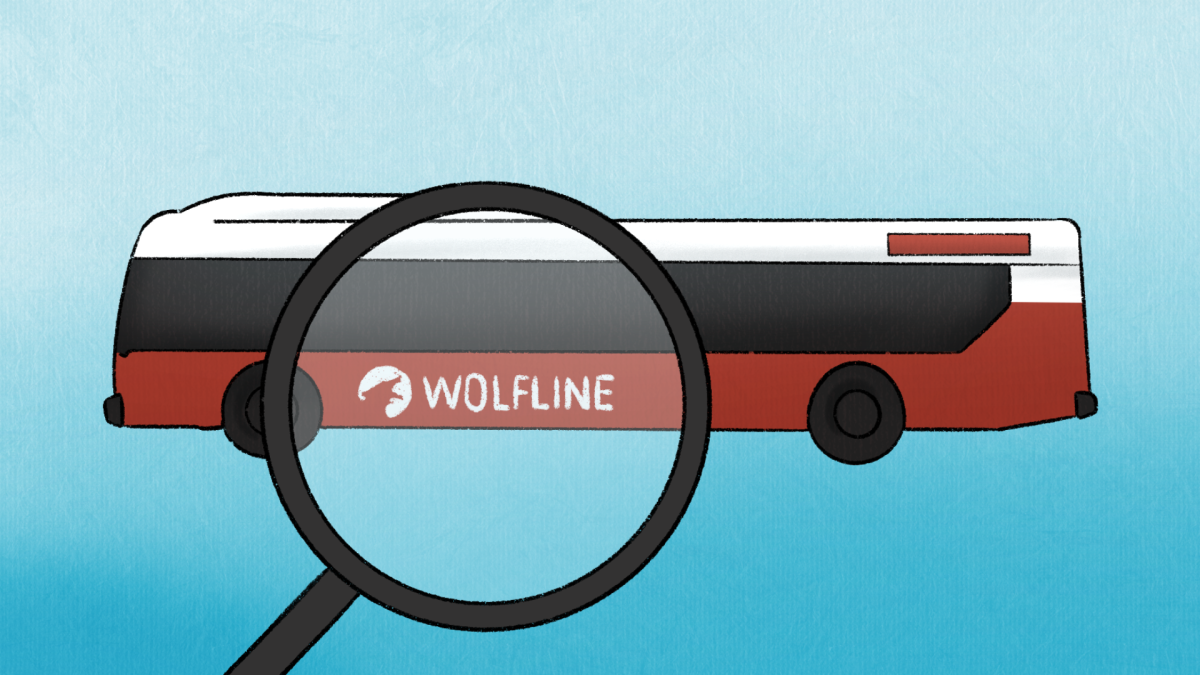Whether it’s for class, clubs or events, countless students travel to and from NC State daily. This can lead to confusion and misconceptions surrounding NC State transport. Let’s break down some of the most common transportation myths around campus.
Demar Bonnemere, communications manager for the NC State transportation department, said one such misconception regards parking citations. The transportation department increased fines for these citations for the first time in 20 years at the beginning of 2024.
“It is not a revenue generator for us,” Bonnemere said. “Any citation revenue we receive, 80 percent of it gets turned back over to the state that goes into a public education fund, and then we keep the remaining 20 percent, so I would say that’s a big misconception.”
Bonnemere said the department intended to use the increase as a parking management tool.
“We were hoping that it would be more of a deterrent,” Bonnemere said. “Somebody sees, ‘Oh my gosh, I got to pay 60 bucks for a ticket. Let me make sure I’m parking where I’m supposed to,’ as opposed to the 20 or 40 bucks that it was before.”
Bonnemere said another common misconception is that the transportation department is responsible for roads on campus.
“The facilities division is responsible for the roads,” Bonnemere said. “We are responsible for the parking lot. So if there’s a pothole or something like that, that’s not on us to repair.”
In the face of construction around campus, Bonnemere said detours for vehicles aren’t the transportation department’s responsibility.
“We assist them, but ultimately, it is the responsibility of facilities and the contractor or the construction management company to come up with the detours for vehicles, but then also pedestrian paths,” Bonnemere said. “If they’re blocking them off, they still need to make sure that they create safe passages for pedestrians.”
While detours themselves aren’t the responsibility of the transportation department, they are in charge of determining the Wolfline’s new routes.
“It’s all based on the construction,” Bonnemere said. “So if there’s a road currently closed, we’re going to go around that. But if we see a road is scheduled to be closed, instead of changing the route mid-semester, we’re just going to come up with this new route that will last the entire semester.”
Bonnemere said this is done to minimize the impact of new routes on students.
“The biggest thing is, we’re not trying to disrupt students in the middle of the semester,” Bonnemere said. “So you want to get familiar with this one route, and you’ve got your class set and you’ve got your kind of routine, and all of a sudden, we change up the route on you. It can be a little disturbing.”
Skanda Shastry, a graduate student studying computer science, said the only issue he’s had with bus lines is with GoRaleigh.
“Last semester, I used to stay near Lake Park, and the only way I could get to campus was [route] 11 L, which is GoRaleigh,” Shastry said. “And that used to come once every hour, which is so inconvenient — that’s one issue I had. That’s why I moved closer to campus.”
Bonnemere said students often report full parking decks, but the transportation department is working to improve parking at NC State through new technology.
“You may or may not have noticed that there are these signs at the entrances to all the parking decks,” Bonnemere said. “These are space counter signs. So not only will it give us more data as to when folks are parking in the deck, the busy times and things like that, it can let us know we can sell a few more permits in this deck. That information is also available in the NC State on campus app, so you can quickly look and see, okay, this deck is full, or it’s getting close to full.”













